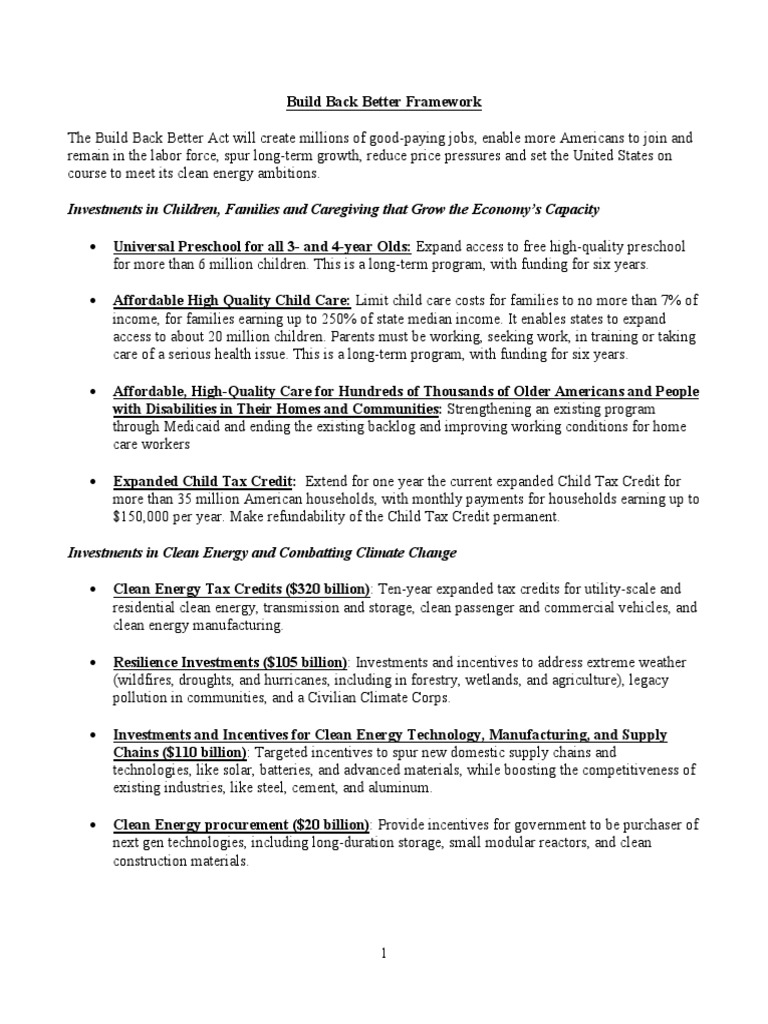The Bahá’í teachings articulate a progressive and holistic framework for building a better economy, deeply rooted in principles of justice, equity, and sustainability. With global economic challenges such as inequality, environmental degradation, and social unrest, the unique perspective offered by Bahá’í philosophy could serve as a beacon for reformist initiatives aiming to remediate these systemic issues. The very essence of the Bahá’í approach lies in its cosmopolitan vision of humanity, positing that the well-being of individuals is inextricably linked to the welfare of society as a whole.
At the crux of Bahá’í economics is the intrinsic value that each individual holds. This notion transcends mere monetary considerations or material wealth, advocating instead for an understanding of economic success that encompasses social contributions and ethical implications. The Bahá’í teachings promote the view that wealth ought to be a means of service rather than a goal in itself, thereby challenging conventional paradigms that prioritize profit over people. This reorientation toward a purpose-driven economy instills a sense of collective responsibility, urging individuals not only to pursue personal gain but also to contribute positively to the community and its sustainability.
One pivotal Bahá’í principle is the concept of justice, which permeates social and economic interactions. Economic justice, in this context, is envisioned as a balanced distribution of resources that allows individuals to flourish while safeguarding the dignity of all. This principle calls for the eradication of extremes of wealth and poverty, thereby engendering an environment in which all can access the means necessary for a dignified life. Achieving economic justice requires equitable policies and reformative legislation that consciously abolish systemic barriers inhibiting marginalized communities. It also necessitates the active participation of individuals in governance, ensuring that diverse voices are heard and respected within economic discourse.
Additionally, the Bahá’í teachings espouse the integration of spiritual and material development. This duality invites a transformative perspective on economic practices, promoting the idea that an economy should not merely be assessed by its financial metrics but rather through the lens of its impact on human well-being. The alignment of economic activities with ethical frameworks encourages the cultivation of virtues such as transparency, humility, and integrity. Therefore, Bahá’í economics proposes to engage the heart as much as the mind, driving motivation from a shared ethical vision rather than solely from competition and self-interest.
The notion of consultative decision-making stands out in the Bahá’í paradigm. This collective process, wherein stakeholders come together to deliberate on economic activities and policies, fosters an environment of collaboration and shared ownership. Consultation allows for diverse perspectives to be integrated into the decision-making process, ensuring that policies are reflective of a wider consensus and adaptable to the complexities of human experience. This provides a mechanism for addressing grievances and aspirations across communities, ultimately contributing to a more cohesive and resilient economy.
Furthermore, the Bahá’í vision emphasizes the significance of sustainable development, intertwining ecological stewardship with economic progress. In light of contemporary environmental crises, the Bahá’í teachings advocate for practices and policies that are environmentally sustainable, recognizing that humanity’s relationship with the natural world is symbiotic. Investment in clean energy technologies, responsible resource management, and sustainable agricultural practices are all integral components of this framework. The Bahá’í perspective suggests that economic activities can and should contribute positively to planetary health, thereby ensuring the well-being of future generations.
Promoting education, particularly in the realms of economics and social sciences, is another crucial aspect of the Bahá’í approach to building a better economy. An educated populace is better equipped to engage critically with socio-economic challenges and to devise innovative solutions. Moreover, education in the context of Bahá’í teachings extends beyond formal schooling; it encompasses the fostering of moral and ethical values, cultivating a sense of purpose among individuals. By encouraging lifelong learning, the Bahá’í community aims to create a society where individuals are both knowledgeable and compassionate, capable of navigating and transforming economic landscapes.
In addition to local initiatives, the Bahá’í framework advocates for global collaboration in economic development, recognizing that the modern economy is not confined by geographical boundaries. Economic activities in a globalized world necessitate a cooperative ethos, where nations work collaboratively to address collective challenges such as poverty, health crises, and climate change. The Bahá’í teachings encourage transcending nationalism, fostering a sense of global citizenship that emphasizes interconnectedness and solidarity. Such a perspective cultivates a collective commitment to sustainable economic practices, thus contributing to a more just and equitable world.
Ultimately, the effectuation of Bahá’í economic principles hinges upon the integration of these teachings into both individual actions and societal institutions. As individuals embrace a new paradigm of economic engagement—centered on service, justice, and sustainability—they become agents of change capable of transcending traditional economic models in favor of more equitable and humane systems. The invocation of Bahá’í principles in economic discourse not only enriches the understanding of what constitutes a ‘better economy’ but also offers a pathway towards realizing a truly flourishing global society.
In conclusion, the Bahá’í teachings present a robust framework for addressing the complexities of modern economies. By emphasizing justice, ethical engagement, sustainable practices, and global collaboration, these teachings illuminate a path forward, challenging individuals and communities to seek not just economic wealth but also collective well-being in an ever-evolving world.
